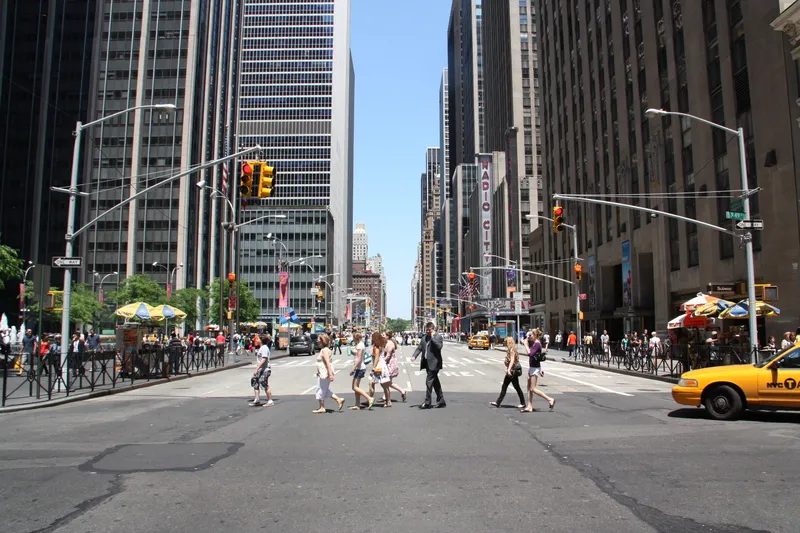Drivers convicted of causing death by dangerous driving should be given stronger and more consistent penalties, according to road safety charity the Institute of Advanced Motorists (IAM). An IAM analysis of eleven recent prosecutions involving mobile and smartphone use revealed that the average sentence for causing death by dangerous driving is four-and-a-half years in prison and a disqualification from driving for seven years. In all of the cases analysed, the convicted drivers were found to have lost the
September 18, 2013
Read time: 2 mins
Drivers convicted of causing death by dangerous driving should be given stronger and more consistent penalties, according to road safety charity the 6187 Institute of Advanced Motorists (IAM).
An IAM analysis of eleven recent prosecutions involving mobile and smartphone use revealed that the average sentence for causing death by dangerous driving is four-and-a-half years in prison and a disqualification from driving for seven years. In all of the cases analysed, the convicted drivers were found to have lost their concentration due to using their mobile phone.
A British Social Attitudes survey in 2011 found that 90 per cent of respondents disagreed that it was clearly unsafe to talk on a handheld phone while, yet, since 2006, 750,000 fixed penalties have been issued to drivers for this very reason.
According to the US government website for distracted driving, 3,331 people in the US were killed in 2011 in crashes involving a distracted driver, compared to 3,267 in 2010. An additional 387,000 people were injured in motor vehicle crashes involving a distracted driver, compared to 416,000 injured in 2010. Ten per cent of injury crashes in 2011 were reported as distraction-affected crashes.
IAM chief executive Simon Best said: “The maximum sentence available to the courts in the UK is fourteen years, so there is still scope for an even stronger road safety message that drivers who kill whilst distracted on their phones will be caught and jailed for a long time.
“The lesson here is obvious: never use your phone while driving. Whether you have a hands free kit or use loudspeaker, it doesn’t matter. Using your phone in any capacity reduces your attention from the task at hand – driving.”
An IAM analysis of eleven recent prosecutions involving mobile and smartphone use revealed that the average sentence for causing death by dangerous driving is four-and-a-half years in prison and a disqualification from driving for seven years. In all of the cases analysed, the convicted drivers were found to have lost their concentration due to using their mobile phone.
A British Social Attitudes survey in 2011 found that 90 per cent of respondents disagreed that it was clearly unsafe to talk on a handheld phone while, yet, since 2006, 750,000 fixed penalties have been issued to drivers for this very reason.
According to the US government website for distracted driving, 3,331 people in the US were killed in 2011 in crashes involving a distracted driver, compared to 3,267 in 2010. An additional 387,000 people were injured in motor vehicle crashes involving a distracted driver, compared to 416,000 injured in 2010. Ten per cent of injury crashes in 2011 were reported as distraction-affected crashes.
IAM chief executive Simon Best said: “The maximum sentence available to the courts in the UK is fourteen years, so there is still scope for an even stronger road safety message that drivers who kill whilst distracted on their phones will be caught and jailed for a long time.
“The lesson here is obvious: never use your phone while driving. Whether you have a hands free kit or use loudspeaker, it doesn’t matter. Using your phone in any capacity reduces your attention from the task at hand – driving.”









